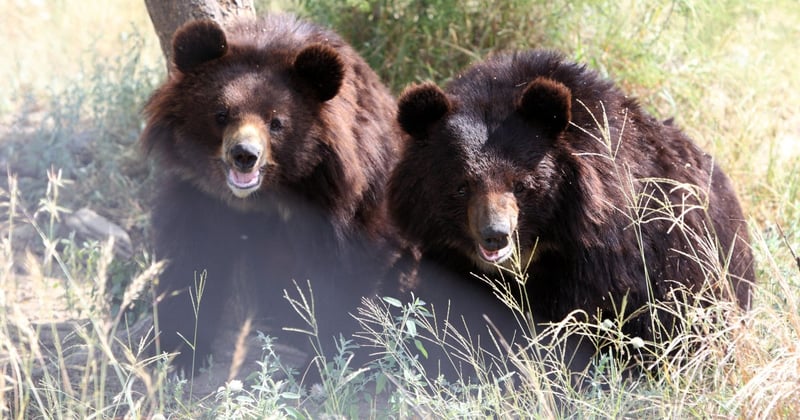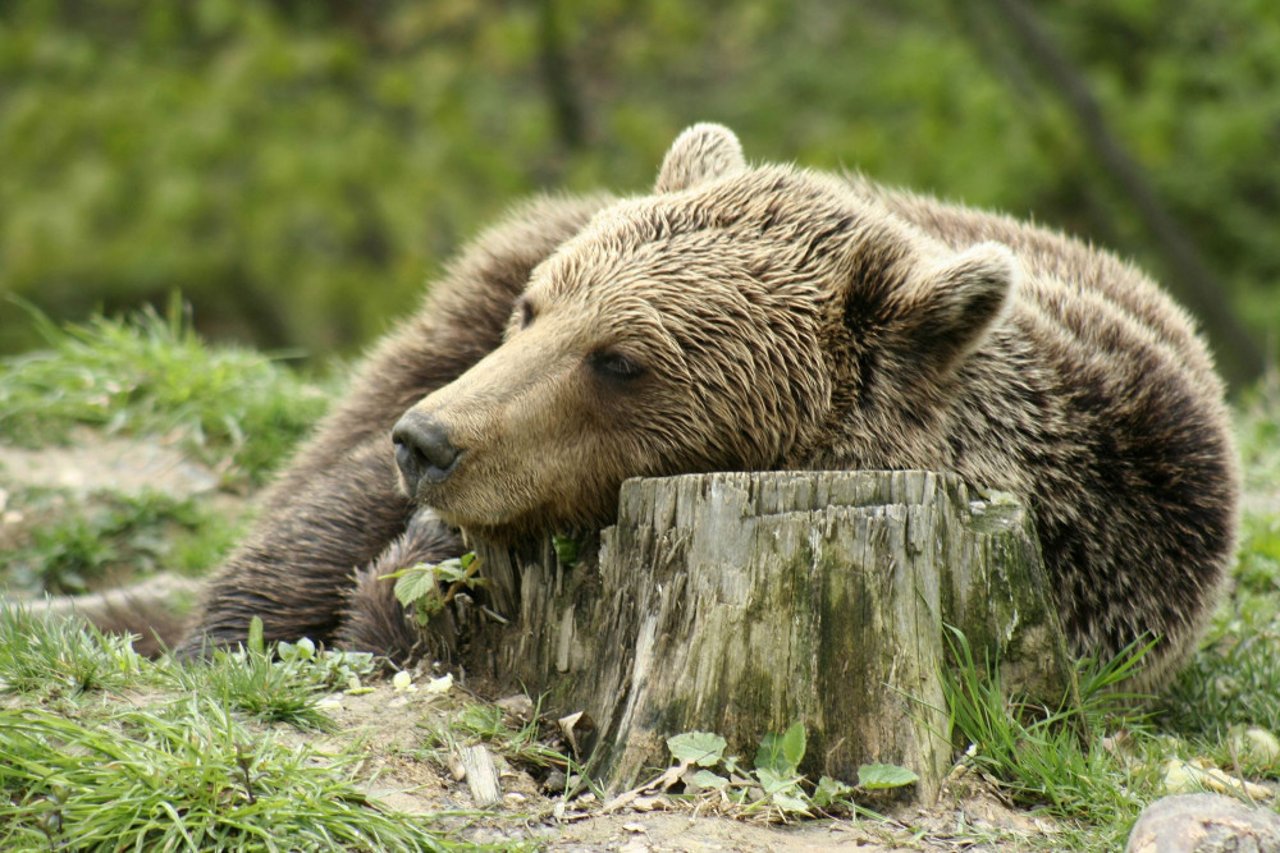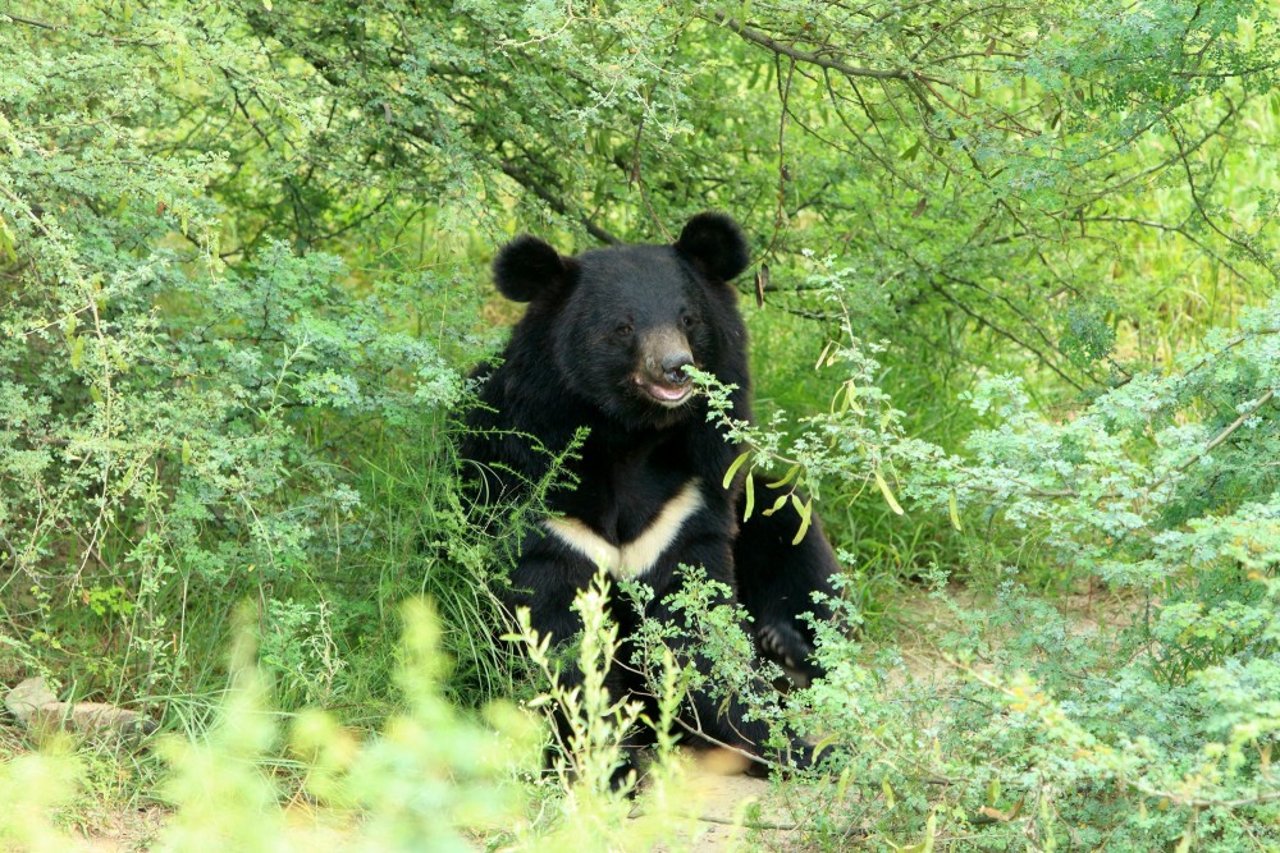
Why we should care about brilliant bears
News
These powerful animals, associated with strength and good luck, leap out of our stories and legends, light up our art, our religious and national symbols, and… our toy shops.
But did you know that bears are amazingly intelligent, have excellent memories, can use tools and feel intense grief? Here’s a look at their extraordinary lives.
Bears have roamed our mountains, forests, jungles and arctic spaces for millions of years. Researchers reported the fossilised remains of a 3.5-million-year-old bear on Ellesmere Island, in Canada’s north in 2017.
We have eight species of bears left today found in North and South America, Europe, and Asia. They range from small sun bears that can weigh up to 65kg, to enormous polar bears that can weigh more than 600kg!
Using tools
Bears are very intelligent animals. Scientists researching American black bears discovered their counting ability. They could distinguish large and small numbers of dots as successfully as monkeys.
Researchers from Washington State University found more evidence that bears are capable of planning and thinking things through. The researchers hung doughnuts just out of the reach of captive grizzly bears and left sawn-off tree stumps and plastic boxes nearby. Eventually most of the bears used the stumps and boxes as footstools to reach the sweet treats.
Wild brown bears have also been recorded picking up rocks and using them to scratch their itchy faces.
Taking a nap: a sleepy bear at our partner sanctuary in Romania
Talking together
Bears use around 11 different sounds to communicate, including growling, grunting, clacking, huffing, barking and moaning. There is much research trying to determine what they mean - researchers have found that moaning can mean both contentment or distress.
Body language is important too. Staff at our Romanian and Pakistan partner sanctuaries report the rescued bears jumping up and down when they smell their favourite foods or see their favourite people. And scientists have noted brown bears using a ‘play-face’ – an open-mouth that tells others they are ready to play.
Bears communicate their territories by marking them with their scent and by leaving claw and bite marks on trees. These signs warn other bears to keep away.
Feeling intensely
These highly sensitive animals are not only capable of showing happiness, they show intense grief too. Cubs cry and moan miserably when separated from their mothers. This can continue for weeks if their mothers die.
The team at our Balkasar sanctuary in Pakistan also recognised trauma in Pooh - a bear rescued from baiting. He had no interest in anything and shook in distress. To trigger his interest, they put dried meat in bones and spread them near him. Eventually the strong and delicious smell coaxed him out of his stressed state.
Living spaces
All species of bears are naturally solitary creatures – they only meet up for mating or live together as a mother and cub group. Their territory size depends on the species. Polar bears have such massive territories that scientists have had real problems measuring their range. However, a female was tracked roaming 4,796 kilometres across Alaska, Canada and Greenland.
Winter sleeping
In winter, when food is scarce, most wild bears in temperate zones hibernate in their dens to help them survive. Dens can be open nests, brush piles, fallen and hollow trees, rock piles, excavations, caves and human buildings. During this time, they live off the fat their bodies have built up during the summer and autumn.
Wild decline
Bears are threatened worldwide through habitat loss and hunting for use in entertainment and traditional Asian medicine. To meet demand for bear bile products more than 20,000 bears are farmed in cages across Asia. They endure horrendous conditions and intense pain and suffering.
With your help we will stop the cruelty that the wildlife trade for medicine and entertainment inflicts on the world’s bears. Together, we can keep bears in the wild where they belong.
Staff at our Romanian and Pakistan partner sanctuaries report the rescued bears jumping up and down when they smell their favourite foods or see their favourite people.

